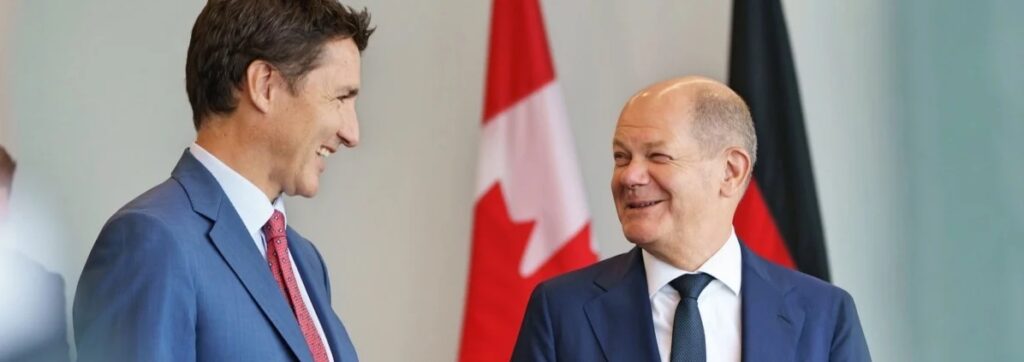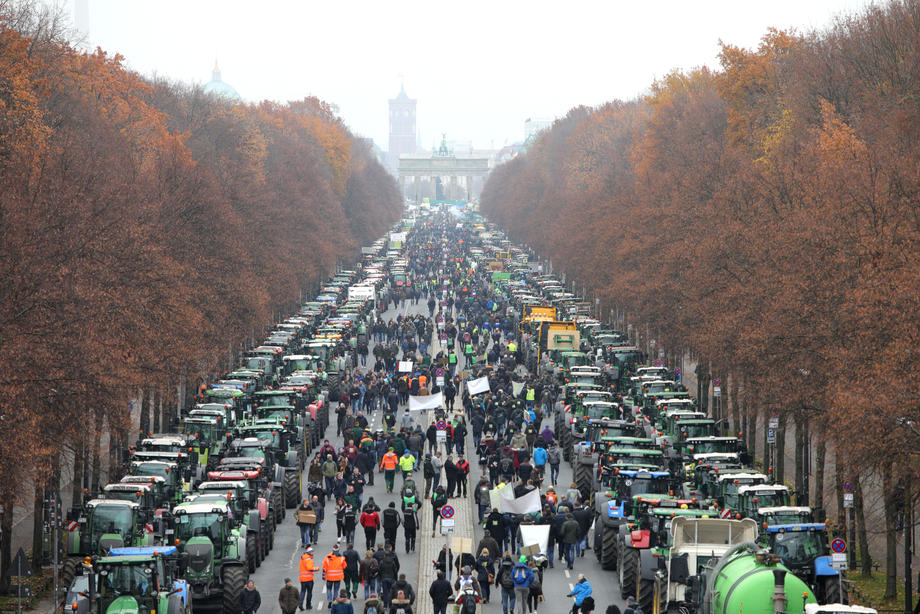The looming deadlines for Net Zero are concentrating many minds. Thus the IEA’s lovely 400+-point-plan for no more fossil fuels starting yesterday has just been implicitly rejected by the American government and the Australian one, as it was explicitly by the British, while the Polish government has called the EU’s reduction plans unfair to poorer countries and in Germany, whose green energy policy is an expensive mess, Chancellor Angela Merkel said nein, danke to calls to ditch coal sooner than 2038, commenting grimly that “Those affected need some reliability on the path to climate neutrality. I don’t want to unravel this again after one year.” Well, it wouldn’t do to go making a habit of it, would it? But while climate alarmists want the world and they need it now, a lot of others are noticing that the airy, applause-line promises of yesteryear are bringing high costs now and cries for more to come. Since it seems to be now or never, which will we choose?
In the convinced stop-messing-around “Now” camp, an economist named Steve Keen just called for a “war footing” to cope with the disastrous impacts of climate change. He is not, we must again observe, a “climate scientist”. And frankly his economics look suspicious to us too. But we will give credit on one point. He is correct that if the apocalyptic vision is correct, catastrophic actions must be taken and taken now.
It’s important that now means really now. Thus three authors in The Conversation (one a PhD in Politics, another a PhD in Atmospheric Physics and the third an ex-journalist, and labeled “three respected climate scientists” by Climate Home News so apparently those degrees count if you’re on the right side of the issue) recently acknowledged that some Net Zero pledges are mere “greenwashing”, including those shun-your-carbon-and-burn-it-too offsets, but insisted that others might be useful if meant seriously and acted on vigorously.
If. And the problem is they’re not being. Frankly it is possible that some companies, and others, were following a cynical plan all along, making promises to avoid being criticized that they knew were nothing more than affordable PR. But many others, including many in the corporate world, really thought these complex schemes spelled meaningful action. Which is why they’re now getting scalded by actions that are all pain and no gain.
For instance the British government, whose sincerity is not in question unlike its competence, just plunged itself into boiling water with a plan to outlaw “gas boilers” by 2035 and make everyone install heat pumps instead. (For those who think the inventors of the English language really need to learn to speak it, a gas boiler creates hot water both for central heating and your taps and shower.) And possibly the sellers of heat pumps are being less than frank about the value to the public of governments forcing everyone to give them lots of money. But the government gets full credit for confusion and flopping about around exactly as though it meant what it said but did not understand it.
Thus it seems to have backtracked somewhat on the total ban. But it still intends to forbid installing gas boilers in new homes by 2025 and new ones from sale by 2035… and perhaps making it illegal to sell a house containing an old one either. Although Boris Johnson and his colleagues, if he has any, are also thrashing about on the question of whether to permit the continuing use of natural gas for warmth provided you get a dual system that can also burn hydrogen but frankly might never do so. Exactly the sort of thing that happens when you charge before making sure you know where the enemy is or whether your stirrups are properly fastened to your horse.
The BBC was gung ho about the ban, declaring that “To keep the world safe, scientists say that global heating has to be limited to 1.5C by the end of this century.” To keep the world safe. From what? Good public policy, apparently. But someone has to keep the government safe from an overheated public and it’s getting harder. Including that the trendy plan to ban “petrol” and diesel cars suddenly sounds like a very bad idea if it means banning them in real time not some future hypothetical variety of the stuff.
As G.K. Chesterton rightly said, the opposite of funny isn’t serious, it’s not funny. And this comic opera is very serious, both in its potential practical consequences and its intellectual ones. As Eric Worrall commented on the Conversation piece, “For once I agree with the climate activists. Greenwashing or token green gestures might have worked back in the days when activists were kids who painted flowers on their hippy vans, but nowadays some of those activists run major companies. But giving in, giving greens everything they want, is also not an option – genuine carbon net zero would be impossibly expensive. I suspect anyone who attempts carbon appeasement in the current political environment will quickly discover they have walked into a trap. There are no easy solutions.”
The current American administration also appears to be thrashing about on natural gas, on a larger scale, planning to shut down the fuel that has fueled a significant reduction in U.S. GHG emissions by replacing other more carbon-intensive fuels. But with a recent poll showing that a third of Americans aren’t willing to spend a dollar a month to fight climate change, and another 15% topping out at a sawbuck, there’s not much room for the more expensive measures that are now urgent if this goal is to be more than just greenwash.
As for those offsets, Robert Hargraves wrote this spring in the Wall Street Journal, in a piece whose headline borrowed our idea of “Not Zero” months before we even thought of it, that “Net zero is a new word for indulgences to emit CO2. When will a modern Martin Luther nail truth to the door of the cathedral of green religion?” The answer is: soon. Indeed, the Guardian already noted indignantly that there’s something fishy about airlines claiming to be carbon-neutral while hurling enormous metal tubes stuffed with people through the upper troposphere at hundreds of kilometers an hour using hydrocarbon jet fuel. Because, again, this whole thing about massive cuts by 2030 and net zero by 2050 means you either put up or shut up.



Britain is playing with fire, or perhaps one should say playing with the idea of the absence of fire. Their plans for a rapid, nation-wide home heating change from gas boilers to electric heat pumps are going to leave the vast bulk of the populace impoverished (up to 35,000 UK pounds to install heat pumps in a typical UK house), and shivering cold because electric heating is less reliable and generally produces less heat than gas boilers. The net result of this will be a crushing electoral defeat for any government foolish enough to mandate it. I suspect Nigel Farage will become Britain's PM before long if Boris Johnson's government doesn't stop its lemming-like stampede to a putative zero-carbon nirvana.
As "unadjusted" data keeps trickling in that challenges an hypothesis which, to date, has been merely been "reinforced" largely through deterministic modeling, AKA "settled science", the virtue signaling that passes for government action in search of an actual problem will fill future economics textbooks with equivalent examples of "(social) engineering mistakes that impoverished billions".
Given the institutional fealty to this hypothesis, I have trouble seeing this as the turning around of say, an enormous ocean going vessel. Politicians and their rent seeking symbiotic "partners" have too much (stolen) capital invested / received to reverse course.